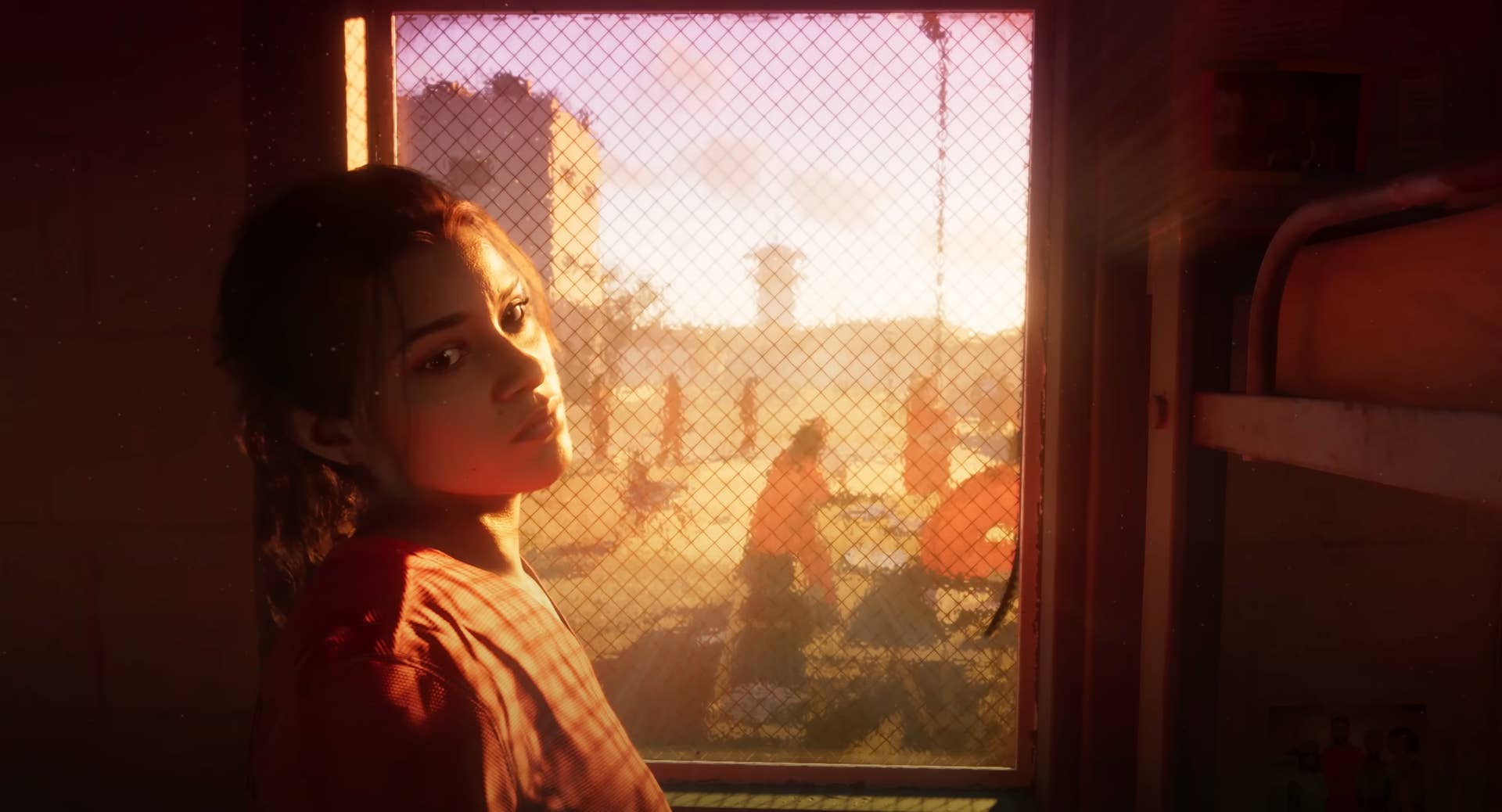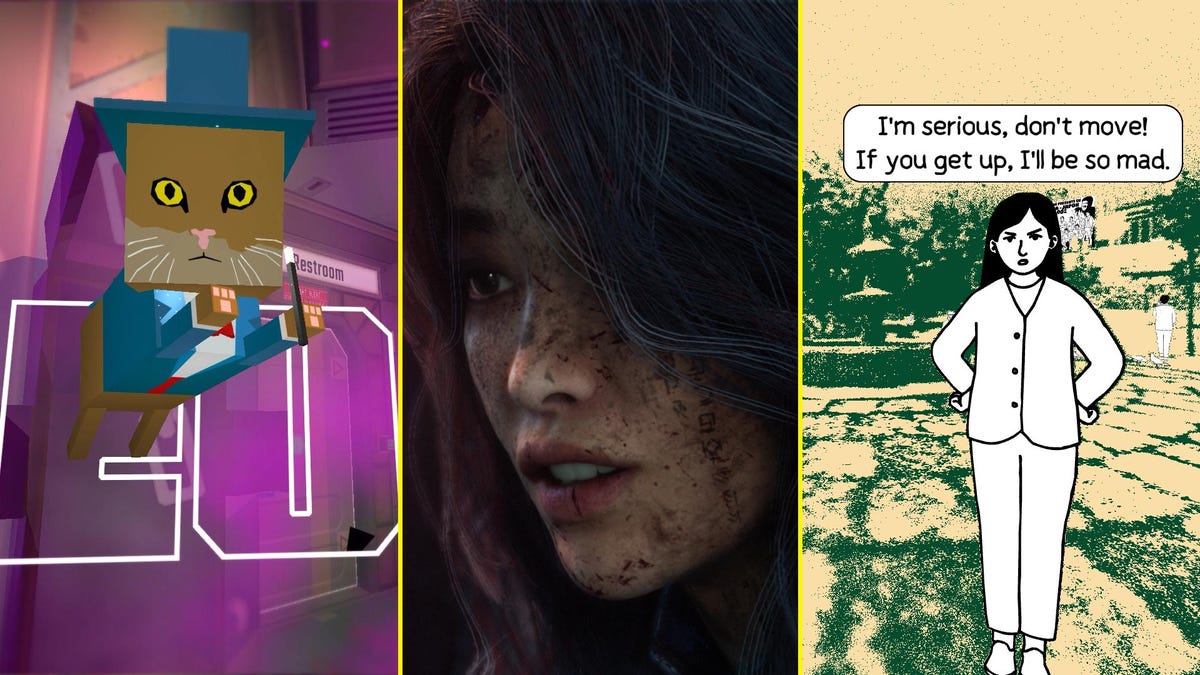Simulating Emotions and Relationships in AI: A Model for Dynamic Game-Based Social Behavior
Introduction Most AI in games is functional — it walks, attacks, or trades. But what if AI could do more than just respond? What if it could feel? In my latest simulation project, I’ve developed an emotional AI system where characters experience daily happiness, long-term memories, and evolving relationships. These aren’t scripted cutscenes — they emerge from each character’s traits, interactions, and lived experience. This kind of system isn't just innovative for games — it has far-reaching potential in education, social training, and digital human modelling. By giving AI characters the ability to remember, reflect, and react emotionally, we can begin to simulate the complexity of human Behavior. Daily Emotional State and Trait-Based Interpretation Every AI character starts each day with a base happiness score. This score adjusts based on events: social encounters, weather, threats, or work satisfaction. But how they interpret those events depends on their personality traits. For example: • A "Hard Worker" AI may feel satisfied after a productive day. • A "Rebellious" AI might feel frustrated doing the same task. • A "Jealous" AI may lose happiness after seeing another succeed. This gives each character a unique emotional arc, even if they live in the same environment. Memory-Driven Relationships AI characters also build social memories over time: • Who they’ve helped • Who ignored them • Who betrayed them • Who they trust These memories are stored, referenced, and updated — influencing how they speak, act, or even decide where to live. One AI might form a deep friendship. Another may quietly resent a rival. This allows for dynamic emergent Behavior. Entire villages develop emotional history, changing how settlements function. Beyond Entertainment: Practical Use Cases Systems like these could help: • Teach emotional intelligence and social dynamics through gameplay • Train soft skills in leadership or education settings • Model human-like agents in crowd simulations, research tools, or therapy support Instead of scripting every possible interaction, this approach lets AI learn and grow organically, mimicking how humans form feelings over time. Conclusion Emotion and memory in AI are not just about realism, they’re about meaning. When virtual characters reflect the psychological nuances of real people, players connect more deeply, and systems become more powerful. This project has shown me how valuable emotion-based AI systems can be, not just in games, but as tools for social modelling, education, and training. I’m continuing to develop and expand this work, with the goal of building intelligent, emotionally aware systems that can inform, challenge, and engage people in entirely new ways.

Introduction
Most AI in games is functional — it walks, attacks, or trades. But what if AI could do more than just respond? What if it could feel?
In my latest simulation project, I’ve developed an emotional AI system where characters experience daily happiness, long-term memories, and evolving relationships. These aren’t scripted cutscenes — they emerge from each character’s traits, interactions, and lived experience.
This kind of system isn't just innovative for games — it has far-reaching potential in education, social training, and digital human modelling. By giving AI characters the ability to remember, reflect, and react emotionally, we can begin to simulate the complexity of human Behavior.
Daily Emotional State and Trait-Based Interpretation
Every AI character starts each day with a base happiness score. This score adjusts based on events: social encounters, weather, threats, or work satisfaction. But how they interpret those events depends on their personality traits.
For example:
• A "Hard Worker" AI may feel satisfied after a productive day.
• A "Rebellious" AI might feel frustrated doing the same task.
• A "Jealous" AI may lose happiness after seeing another succeed.
This gives each character a unique emotional arc, even if they live in the same environment.
Memory-Driven Relationships
AI characters also build social memories over time:
• Who they’ve helped
• Who ignored them
• Who betrayed them
• Who they trust
These memories are stored, referenced, and updated — influencing how they speak, act, or even decide where to live. One AI might form a deep friendship. Another may quietly resent a rival.
This allows for dynamic emergent Behavior. Entire villages develop emotional history, changing how settlements function.
Beyond Entertainment: Practical Use Cases
Systems like these could help:
• Teach emotional intelligence and social dynamics through gameplay
• Train soft skills in leadership or education settings
• Model human-like agents in crowd simulations, research tools, or therapy support
Instead of scripting every possible interaction, this approach lets AI learn and grow organically, mimicking how humans form feelings over time.
Conclusion
Emotion and memory in AI are not just about realism, they’re about meaning. When virtual characters reflect the psychological nuances of real people, players connect more deeply, and systems become more powerful.
This project has shown me how valuable emotion-based AI systems can be, not just in games, but as tools for social modelling, education, and training. I’m continuing to develop and expand this work, with the goal of building intelligent, emotionally aware systems that can inform, challenge, and engage people in entirely new ways.



















































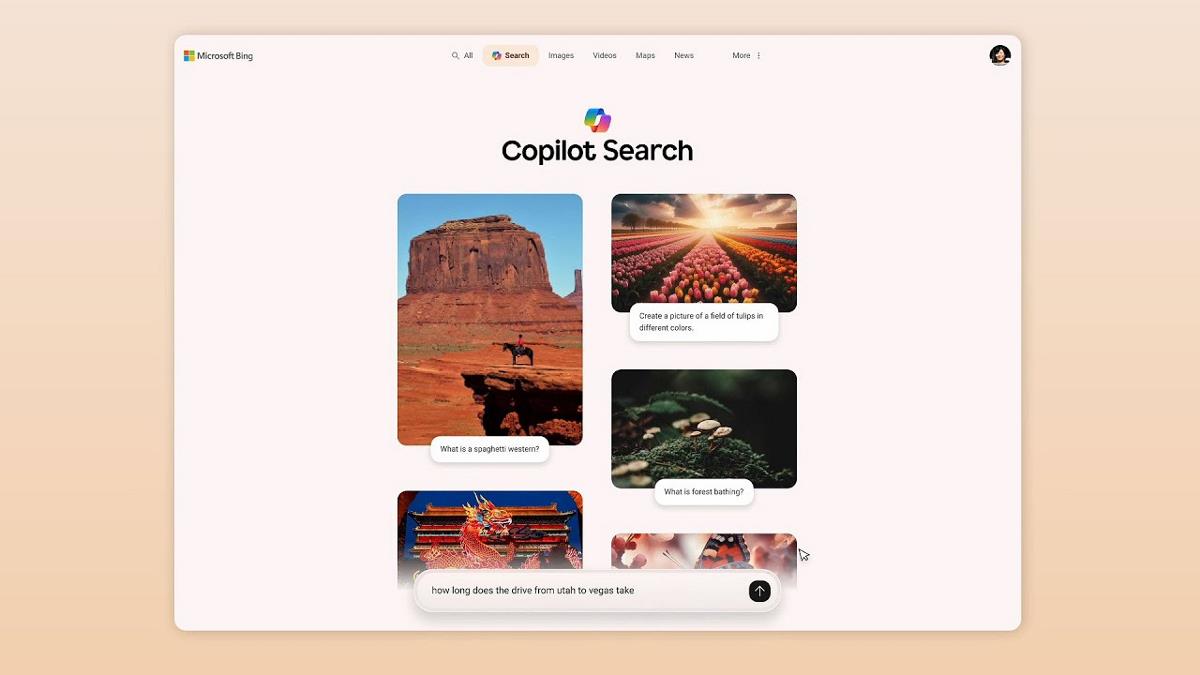
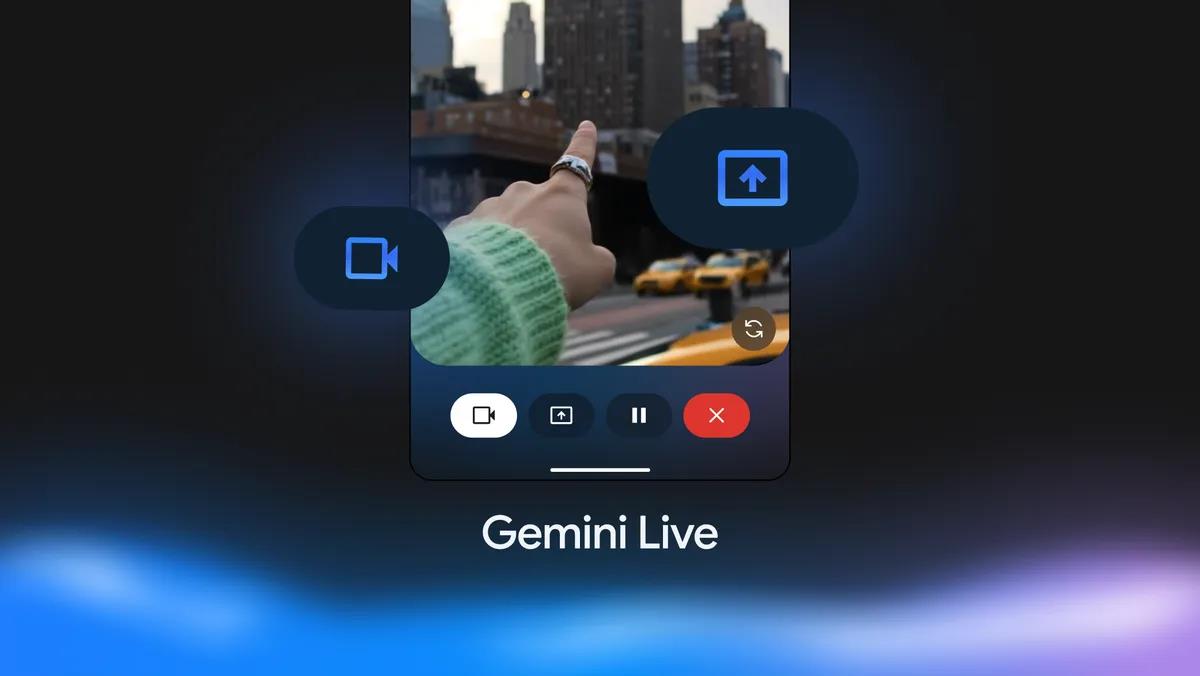


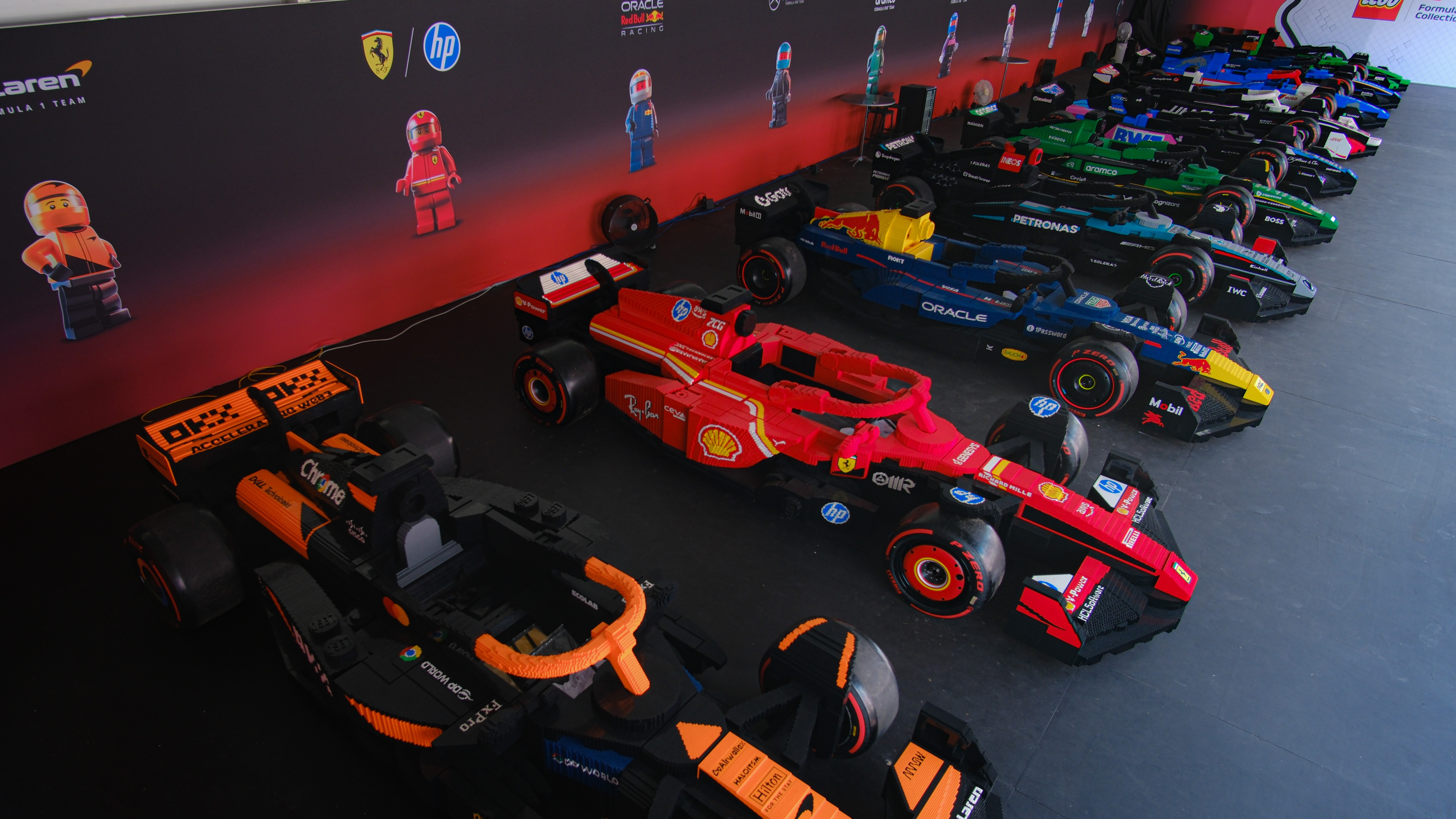


















![New Apple iPad mini 7 On Sale for $399! [Lowest Price Ever]](https://www.iclarified.com/images/news/96096/96096/96096-640.jpg)
![Apple Developing Battery Case for iPhone 17 Air Amid Battery Life Concerns [Report]](https://www.iclarified.com/images/news/97208/97208/97208-640.jpg)
![Apple to Split iPhone Launches Across Fall and Spring in Major Shakeup [Report]](https://www.iclarified.com/images/news/97211/97211/97211-640.jpg)
![Apple to Move Camera to Top Left, Hide Face ID Under Display in iPhone 18 Pro Redesign [Report]](https://www.iclarified.com/images/news/97212/97212/97212-640.jpg)




















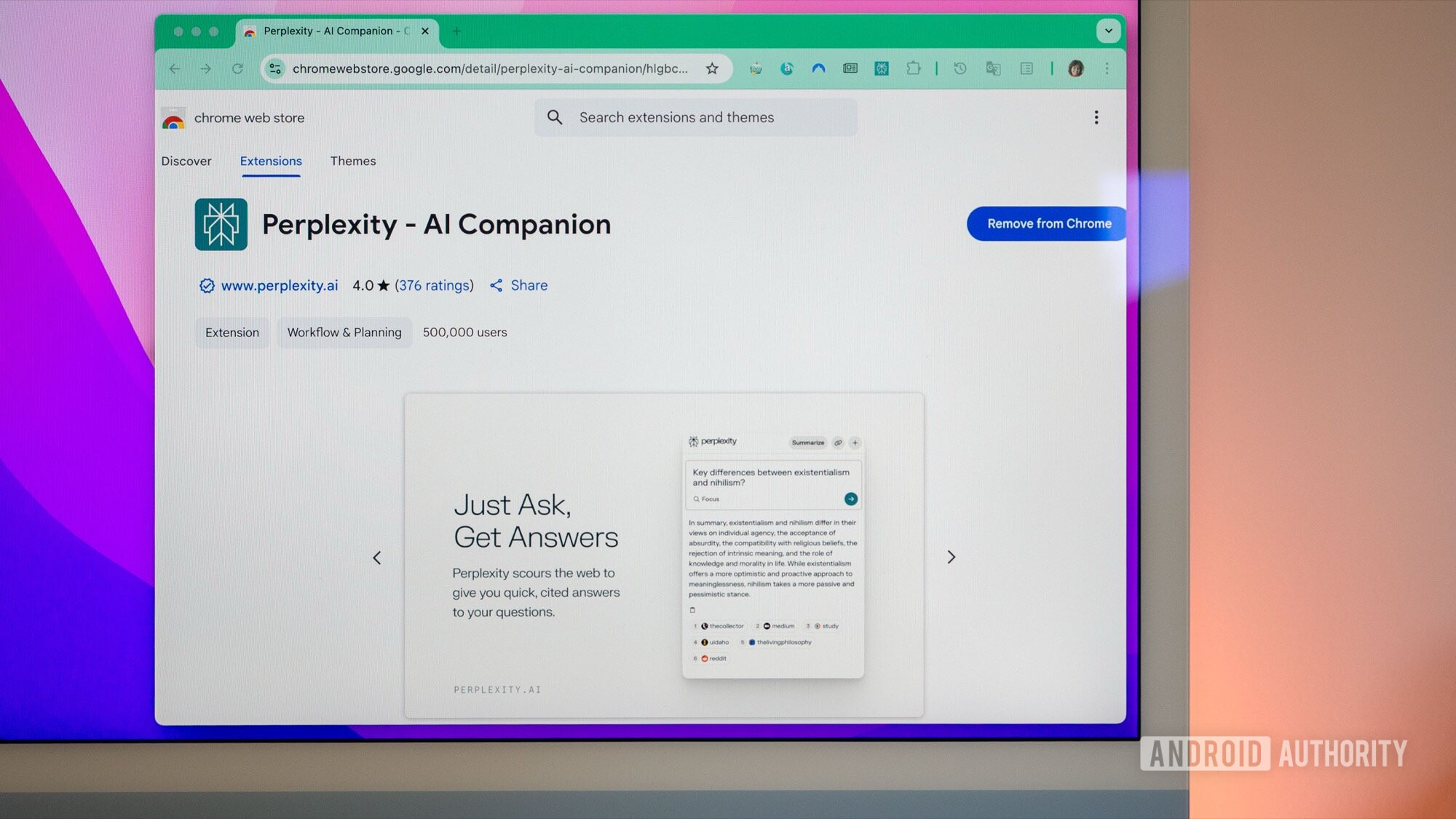

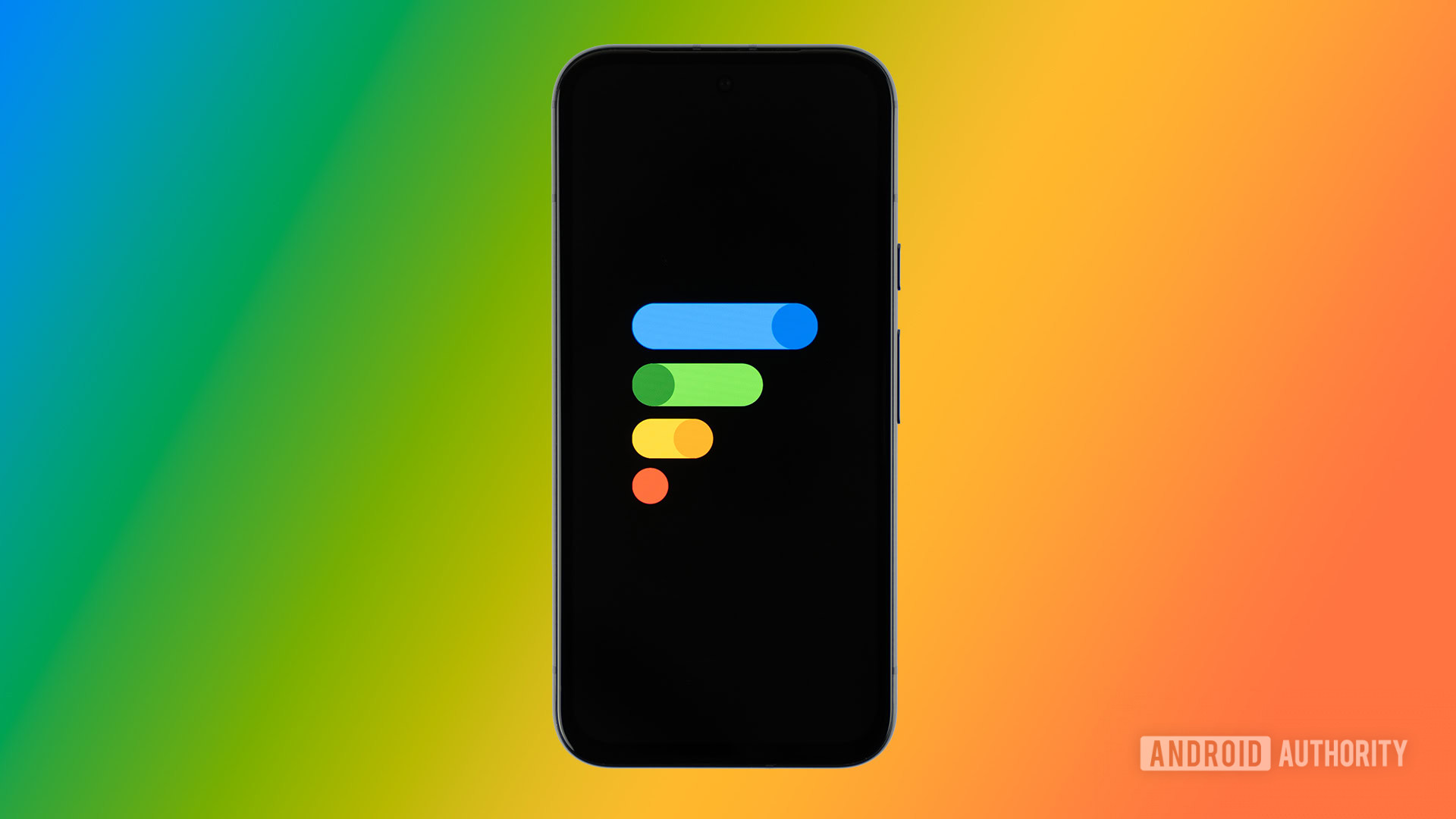
































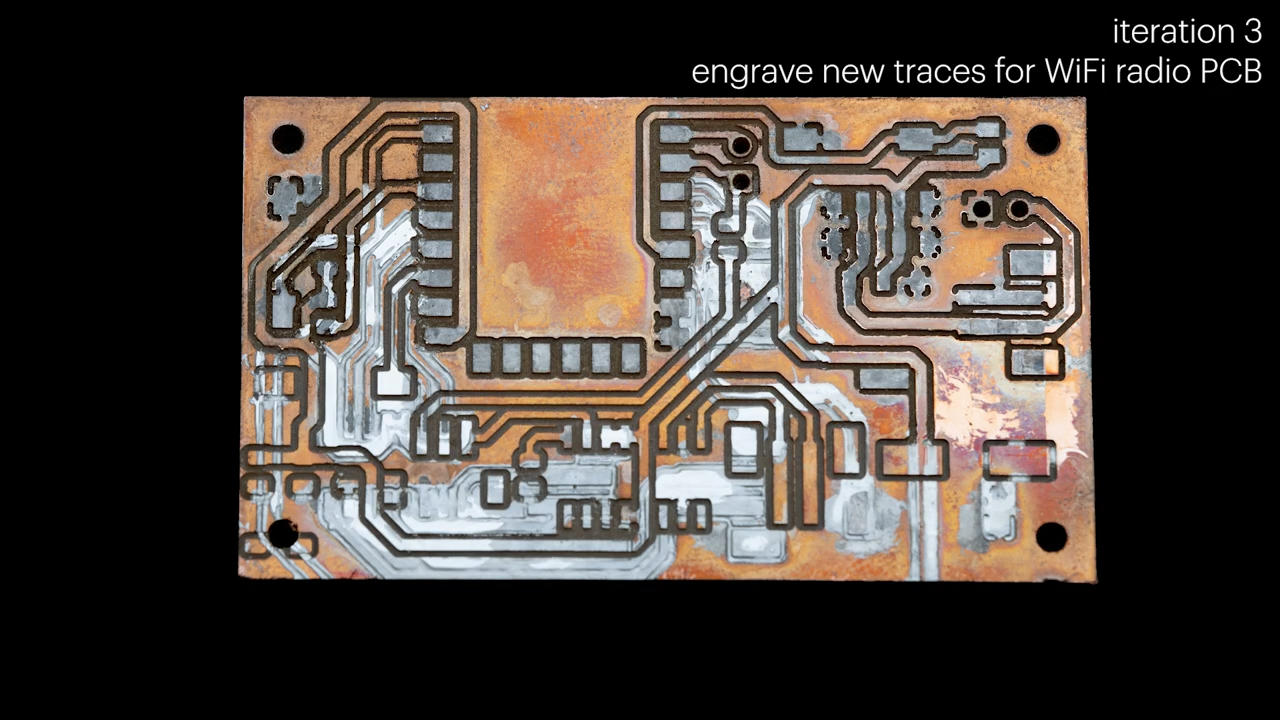

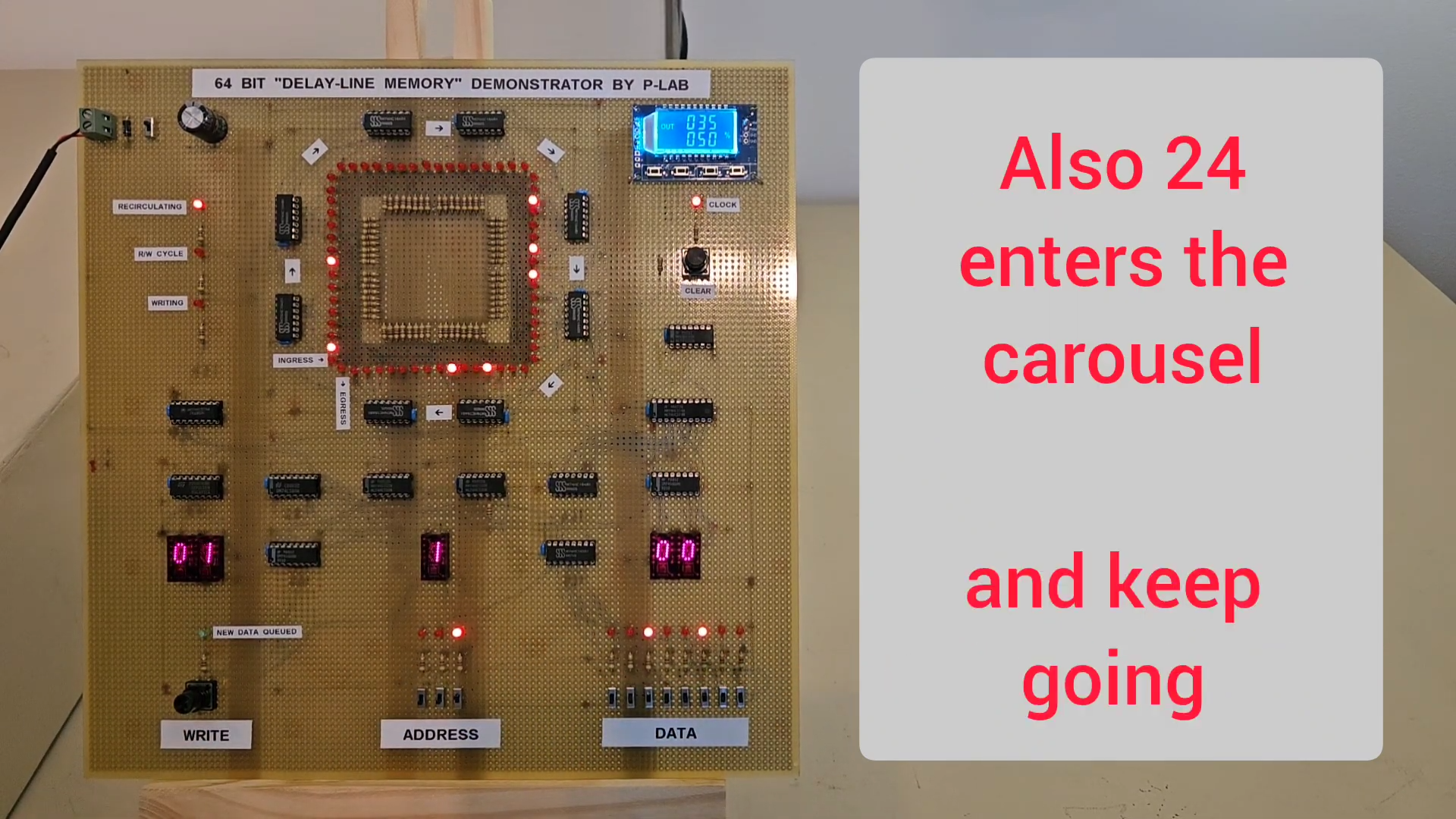





















































_Inge_Johnsson-Alamy.jpg?width=1280&auto=webp&quality=80&disable=upscale#)

































































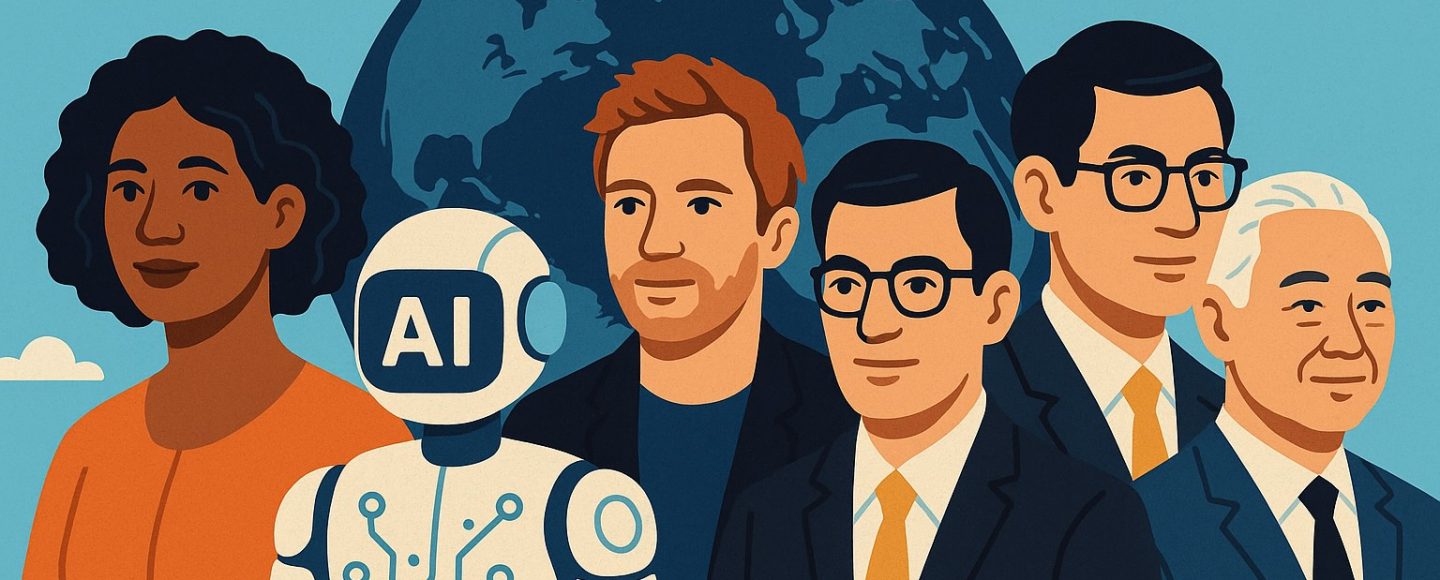


















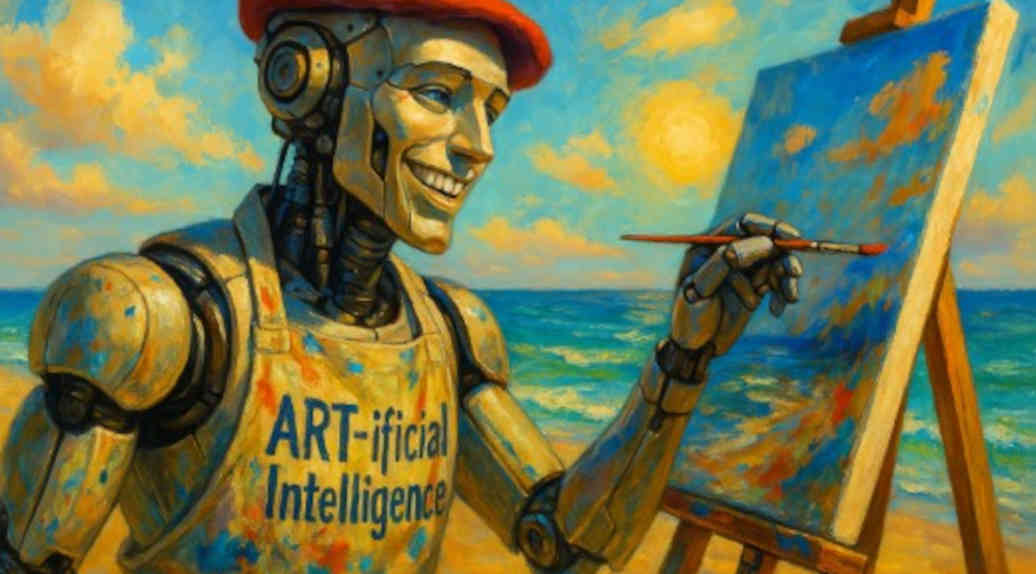






































![[The AI Show Episode 145]: OpenAI Releases o3 and o4-mini, AI Is Causing “Quiet Layoffs,” Executive Order on Youth AI Education & GPT-4o’s Controversial Update](https://www.marketingaiinstitute.com/hubfs/ep%20145%20cover.png)










































































































































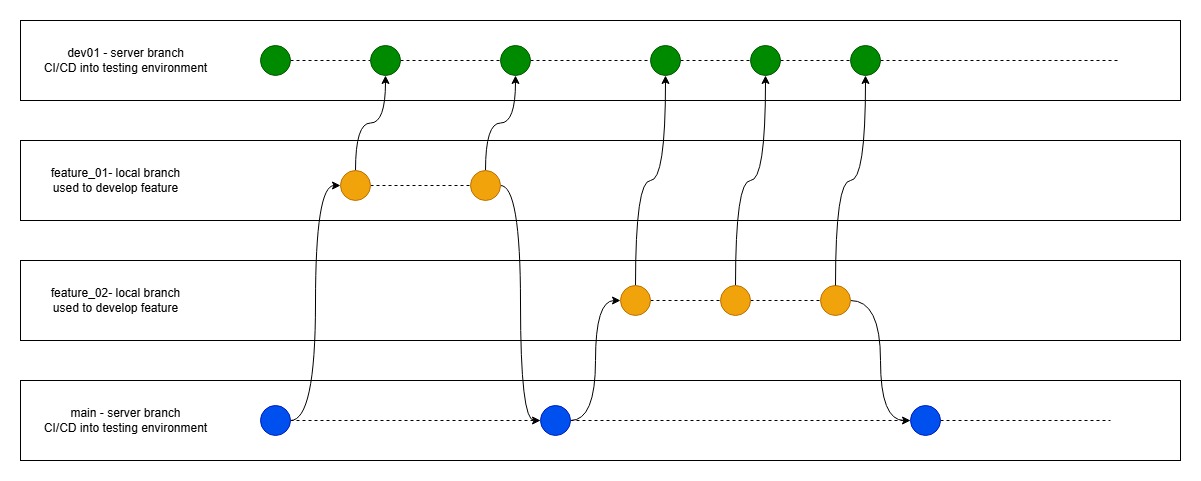







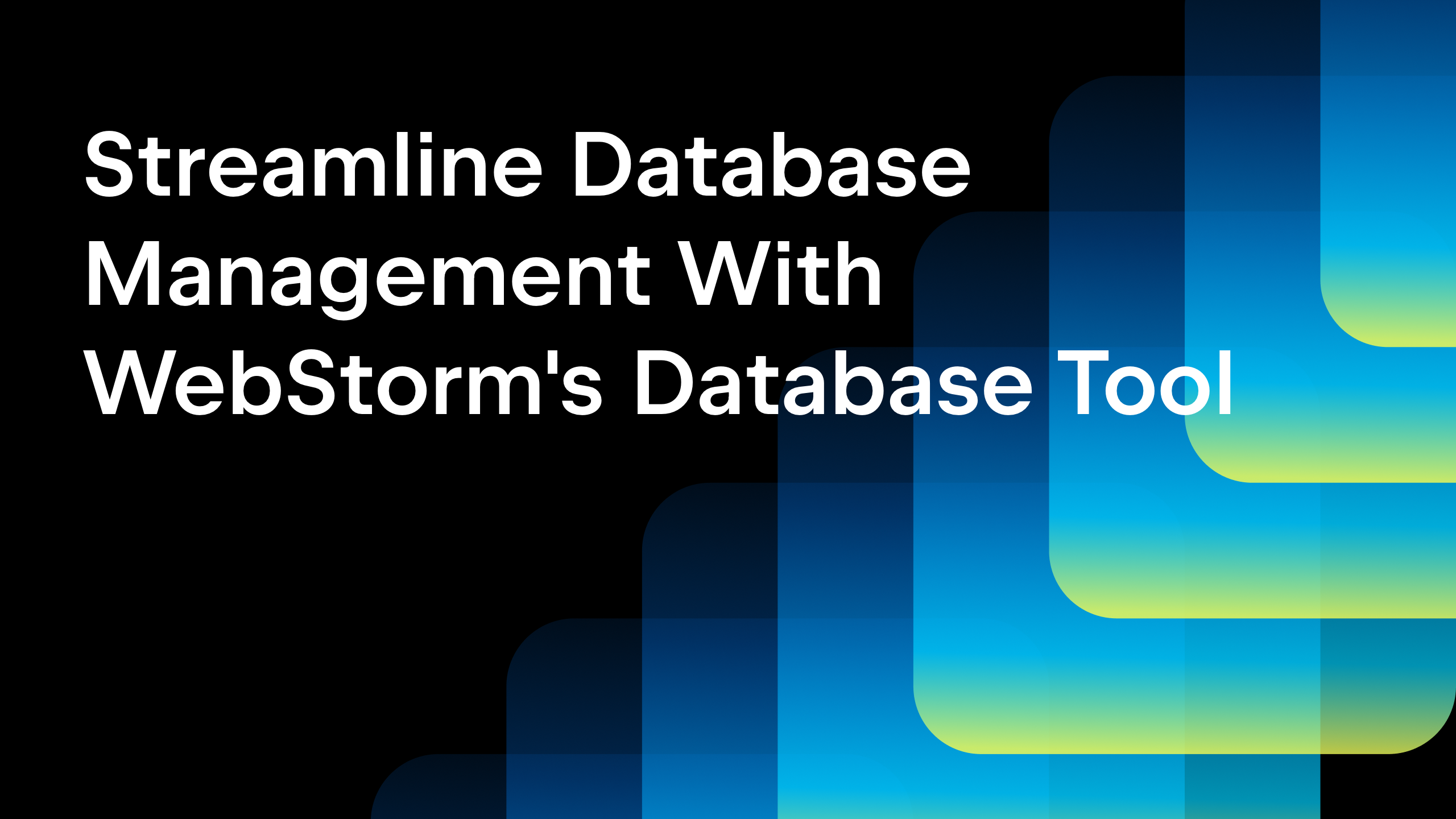












![From Art School Drop-out to Microsoft Engineer with Shashi Lo [Podcast #170]](https://cdn.hashnode.com/res/hashnode/image/upload/v1746203291209/439bf16b-c820-4fe8-b69e-94d80533b2df.png?#)

![[DEALS] Microsoft 365: 1-Year Subscription (Family/Up to 6 Users) (23% off) & Other Deals Up To 98% Off – Offers End Soon!](https://www.javacodegeeks.com/wp-content/uploads/2012/12/jcg-logo.jpg)






























